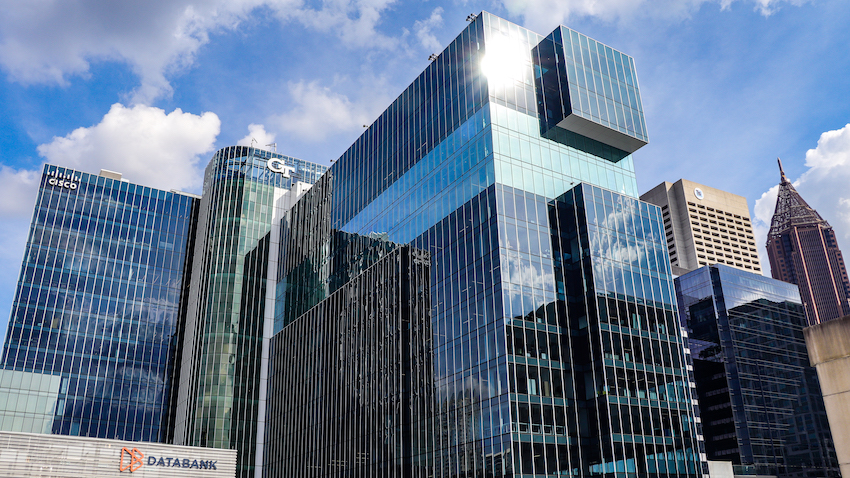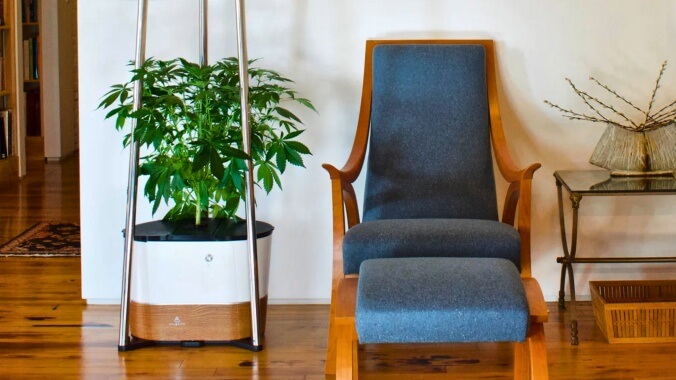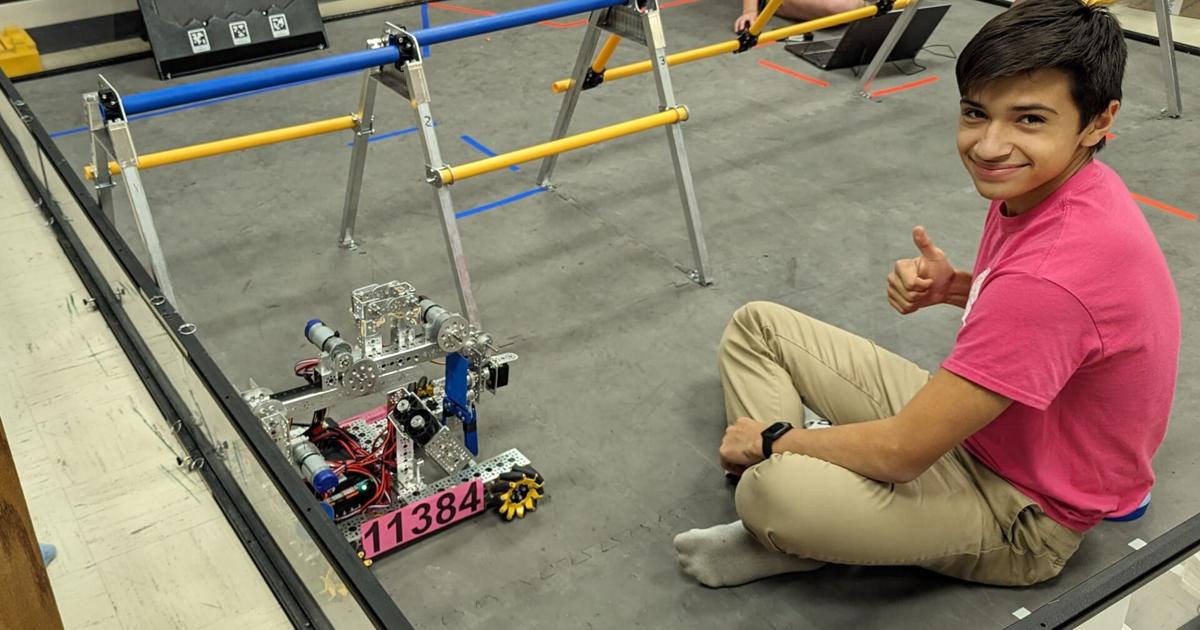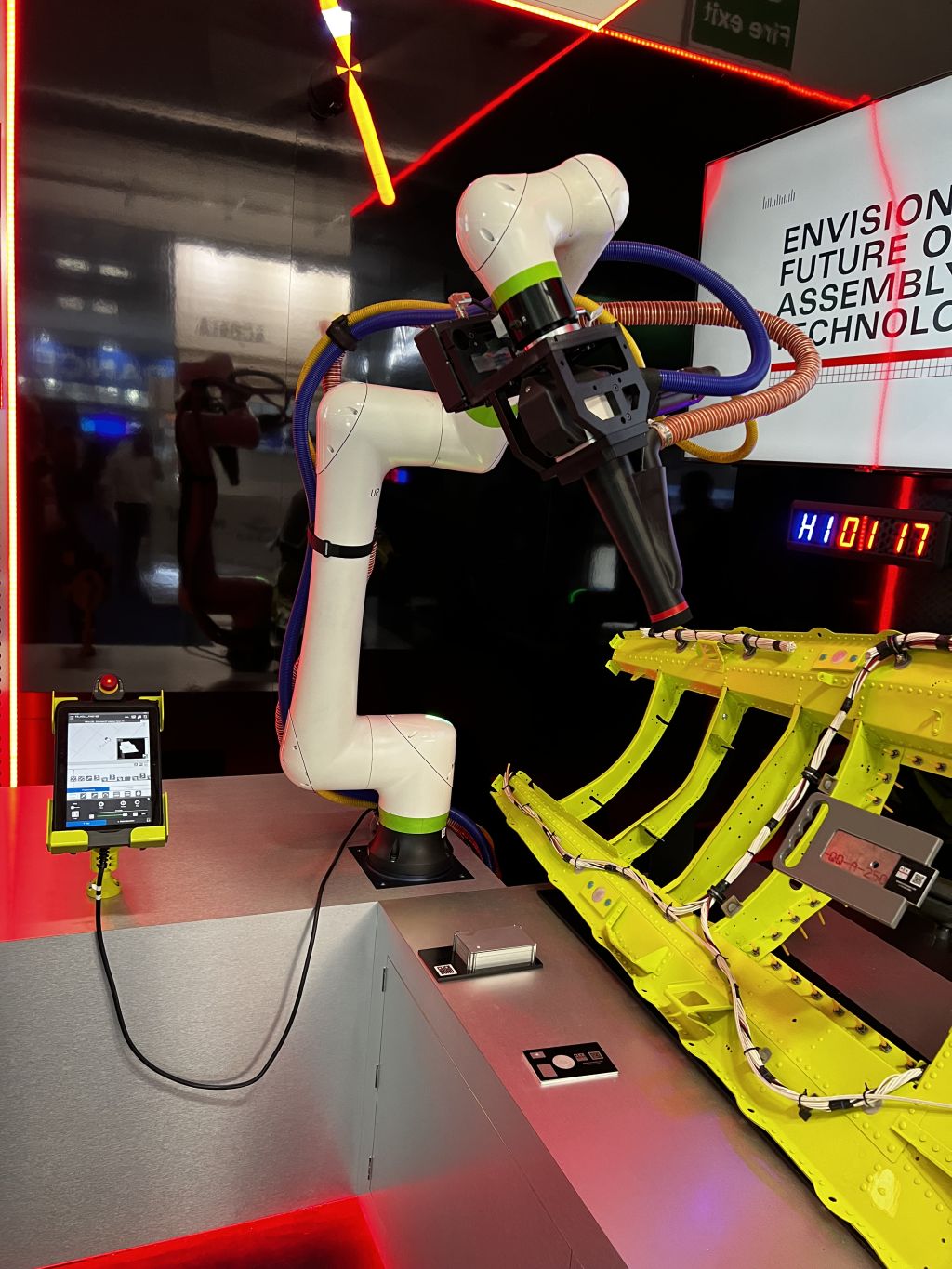Georgia Tech is welcoming global robotics experts at the forefront of research and innovation as it hosts the Conference on Robot Learning (CoRL) next week.
CoRL organizers predict record-setting attendance, with more than 800 people joining the conference at the Starling Hotel in Midtown Atlanta. The international conference brings together top young researchers whose work explores robotics and machine learning. Google created and hosted the first CoRL in 2017 and is a major sponsor of the event.
[Research Impact & Leadership: Georgia Tech @ CoRL 2023]
Five Georgia Tech faculty members are serving on this year’s organizing committee, including general chair Sonia Chernova, an associate professor in the School of Interactive Computing. Chernova said the Institute is playing a pivotal role in the growth and the trajectory of the conference.
“It shows Georgia Tech’s commitment to the growth of robotics, AI, and machine learning,” Chernova said. “CoRL lies at a strategic intersection of topics for Georgia Tech research. It’s the premier conference for machine learning and robotics and has seen rapid growth since its first year in 2017.”
Chernova said this year’s conference will place a bigger spotlight on junior faculty researchers. Organizers have added a new category for early career keynote speakers. Six up-and-coming robotics researchers from around the world will speak at the conference.
The organizing committee also wanted to take advantage of what Atlanta has to offer. A banquet dinner will be held Tuesday at the Georgia Aquarium and will include two presentations from underwater roboticists.
Chernova said attendance this year is up from 592 at the 2022 conference held in New Zealand, and in the span of seven years it has grown from 250 to more than 800.
Unlike major robotics conferences such as the International Conference on Robotics and Automation (ICRA) or the International Conference on Intelligent Robots and Systems (IROS), CoRL serves a specific field of researchers. Chernova said most participants are familiar with each other’s work, and CoRL offers a more intimate environment.
“Because this is a subfield, it should hopefully always be smaller,” she said. “While we are excited for the growth of the field, there’s a lot of benefit in having a venue or event that is smaller and very focused where people working on similar problems can come together and exchange ideas. It’s very targeted. It’s easier to find people you know, and it’s still a manageable size.”
The conference also has a strong mix of representatives from industry and academia. In addition to Google, it has the support of Amazon, Nvidia, and the Toyota Research Institute.
This is the second year Georgia Tech has hosted a significant tech conference. Last year, Tech co-hosted the 2022 Association of Computing Machinery joint conference on Pervasive and Ubiquitous Computing (Ubicomp). Georgia Tech offered an in-person option to what otherwise would have been a virtual conference because of the COVID-19 pandemic.
Hosting CoRL this year along with ICRA, the world’s largest robotics conference, in 2025, Georgia Tech and Atlanta are becoming widely known as ideal hosts for tech conferences.
“Georgia Tech has a tremendous presence in the robotics community,” Chernova said. “Our research spans machine learning, human-robot interaction, multi-agent systems, control, prosthetics, and many other areas. When the topic of holding a large robotics event comes up, Atlanta is seen as one of the top cities in the country.”
For more information, visit the 2023 CoRL website.











